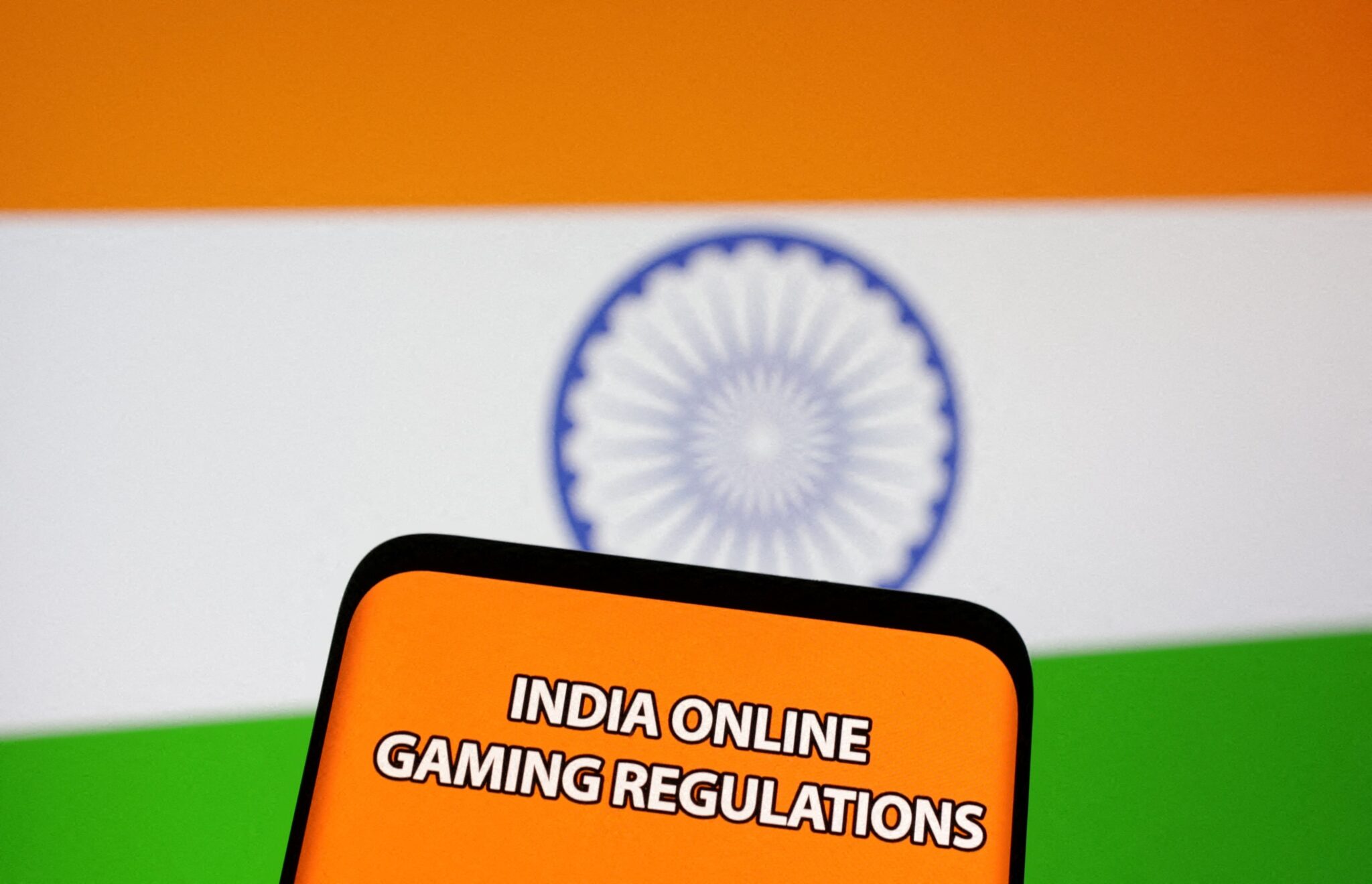India’s booming real-money gaming industry is facing its toughest challenge yet, as the government prepares legislation that would outlaw such platforms altogether.
According to a draft of the Promotion and Regulation of Online Gaming Act, 2025, reviewed by TechCrunch and verified by multiple sources close to the matter, the bill seeks to prohibit all online games involving monetary stakes, regardless of whether they are based on skill or chance. The proposal also calls for a ban on advertisements and related financial transactions.
Related: India Passes Online Gaming Bill, Bans Real-Money Games Nationwide
“No bank, financial institution, or any other person facilitating financial transaction shall engage in, permit, aid, abet, induce, or otherwise facilitate any transaction or authorization of funds towards payment for any online money gaming service,” the draft states.
A Blow to a $2.4 Billion Market
Real-money gaming has been the backbone of India’s online gaming economy, which earned $3.8 billion in FY 2023–24, growing 23% from the previous year, according to gaming-focused VC firm Lumikai. Of that, real-money titles alone contributed $2.4 billion.
But the industry has come under mounting scrutiny amid reports of gambling-related harm, including cases of suicide linked to financial losses in such games. Stakeholders argue that the real problem lies with offshore betting platforms, which continue to flourish despite repeated enforcement efforts like site bans and account freezes.
A History of Tensions
The sector has already been hit hard by regulation. In 2023, the government introduced a 28% tax on online gaming, a move companies branded “catastrophic” and “unconstitutional.”
Despite pushback from major investors, including Tiger Global and Kotak, warning of mass layoffs and billions in write-offs, the tax remained. Industry leaders are now bracing for the possibility of a hike to 40%, as rumored in recent reports.
What the Bill Proposes
If passed, the new legislation would impose steep penalties:
• Up to three years in prison or fines of up to ₹10 million (approx. $115,000) for companies.
• Up to two years in prison or fines of ₹5 million (approx. $57,000) for celebrities endorsing such platforms.
• The bill also envisions the creation of a government-appointed regulatory authority to oversee enforcement.
“Businesses will shut if the legislation comes into force,” the founder of one top Indian real-money gaming startup told TechCrunch on condition of anonymity. Investors share similar worries, with one noting that “all unicorns in this sector are going to be significantly impacted.”
What’s at Stake
Top players such as Dream Sports, Games24x7, and WinZO, who together have raised billions and built massive user bases, stand to lose the bulk of their income. Founders admit that real-money gaming makes up over 85% of revenues, and for many startups, nearly all revenue still comes from India. Attempts to expand abroad have yielded little success so far.
This isn’t India’s first attempt to rein in the sector. Previous amendments to the IT Rules in 2023 called for self-regulatory bodies to approve “legitimate” games and weed out harmful platforms, but disputes among industry stakeholders left the framework ineffective.
Local reports suggest the Union Cabinet has cleared the bill and it could be introduced in parliament imminently. However, the government has not yet confirmed this publicly, and the IT ministry has declined to comment.







